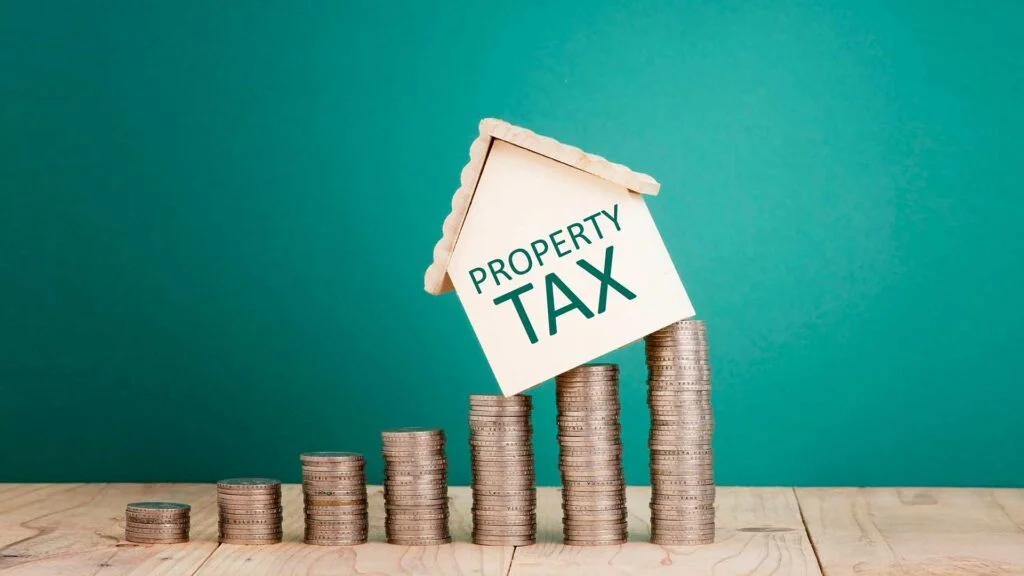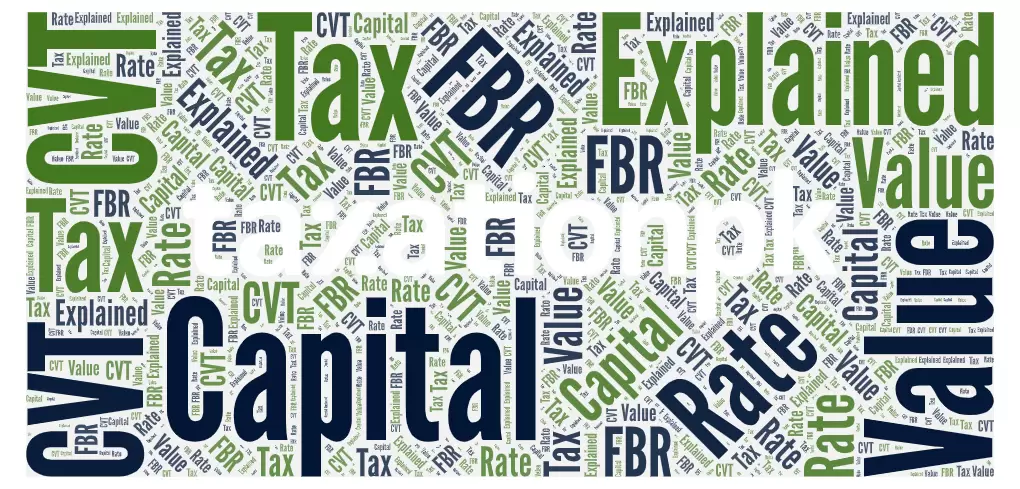Purchasing property is a significant financial decision that involves various considerations, including understanding property taxes. In Pakistan, property taxes play a crucial role in real estate transactions, impacting the overall cost of ownership. For buyers, knowing the details of these taxes can help make informed decisions, avoid unexpected expenses, and ensure compliance with legal requirements. This guide simplifies the complexities of property taxes in Pakistan to assist potential buyers.
What Are Property Taxes?

Property taxes are government-imposed levies on real estate transactions and ownership. These taxes fund public services such as infrastructure development, education, and healthcare. For property buyers, these taxes are an essential part of the cost structure, and understanding them is crucial for a seamless purchase experience.
Types of Property Taxes in Pakistan
There are different types of property taxes in Pakistan.
Capital Value Tax (CVT)

Capital Value Tax is a one-time tax levied on the purchase value of the property. The rate typically depends on the property type and location, often varying between provinces.
Stamp Duty
Stamp duty is a percentage of the property’s declared value, charged to authenticate the transaction. It is mandatory to pay this tax to legally transfer ownership.
Withholding Tax (Advance Tax)
Withholding tax is deducted at the time of purchase or sale. Rates differ for taxpayers (filers) and non-taxpayers (non-filers), with non-filers often paying higher rates.
Property Transfer Fee
This fee is imposed by local development authorities or municipal bodies for processing the ownership transfer. Rates vary by location.
Annual Property Tax
This recurring tax applies to property owners, particularly on rented or high-value properties. It is calculated based on property value and usage.
Factors Influencing Property Tax Rates
Several factors affect the calculation of property taxes in Pakistan:
- Property Type: Taxes differ for residential, commercial, and agricultural properties.
- Location: Urban properties generally attract higher taxes compared to rural areas.
- Property Value: Taxes are often calculated as a percentage of the property’s declared or assessed value.
- Filer vs. Non-Filer Status: Taxpayers registered with the Federal Board of Revenue (FBR) benefit from lower tax rates compared to non-filers.
Step-by-Step Guide to Calculating Property Taxes
To calculate your total property tax liabilities:
- Identify Applicable Taxes: Determine which taxes apply to your transaction (e.g., CVT, Stamp Duty, Withholding Tax).
- Assess Property Value: Obtain the property’s declared or market value for calculation.
- Apply Tax Rates: Use the official tax rate charts to calculate each applicable tax.
- Sum Up Taxes: Add all taxes to estimate the total amount payable.
For instance, if purchasing a property worth PKR 10 million:
- CVT: 2% of PKR 10 million = PKR 200,000
- Stamp Duty: 3% of PKR 10 million = PKR 300,000
- Withholding Tax: 1% (filer) or 2% (non-filer) = PKR 100,000 or PKR 200,000
Total taxes = PKR 600,000 (filer) or PKR 700,000 (non-filer).
Filing and Paying Property Taxes in Pakistan
Paying property taxes involves several steps:
- Prepare Documentation: Ensure you have the sales agreement, property valuation certificate, and CNIC copies.
- Calculate Taxes: Use tax calculators or consult professionals for accuracy.
- Submit Taxes: Taxes can be paid through designated bank branches or online portals of tax authorities.
- Retain Receipts: Always keep payment receipts for future reference.
Tax Incentives and Exemptions
The government provides certain incentives and exemptions to promote property ownership:
- First-Time Buyers: Reduced tax rates in some cases.
- Small Property Owners: Exemptions for properties below a certain value.
- Taxpayers (Filers): Lower tax rates compared to non-filers, encouraging people to register with the FBR.
Common Mistakes to Avoid
Buyers often make mistakes when dealing with property taxes, such as:
- Ignoring Non-Filer Penalties: Non-filers face significantly higher tax rates.
- Underestimating Property Value: Incorrect valuations can lead to fines.
- Overlooking Local Taxes: Municipal and local taxes are often neglected but are equally important.
Consequences of Non-Compliance
Failing to comply with property tax requirements can result in severe consequences:
- Legal Issues: Non-payment can lead to lawsuits and property disputes.
- Financial Penalties: Late payment or evasion incurs fines and surcharges.
- Transaction Delays: Non-compliance can stall ownership transfers.
Tips for Buyers to Manage Property Taxes Efficiently
- Hire a Tax Consultant: Professionals can guide you through tax calculations and filings.
- Stay Informed: Keep updated on tax policies and rates.
- Ensure Transparency: Work with credible agents and verify all documents to avoid fraud.
Conclusion
Understanding property taxes is essential for anyone considering a property purchase in Pakistan. Being informed about applicable taxes, rates, and filing procedures ensures a smooth and legally compliant transaction. By seeking professional advice and staying updated on tax regulations, buyers can make confident decisions and avoid costly mistakes.
Ready to buy your dream property? Explore options on Graana Marketplace and consult our experts for seamless property transactions today!




